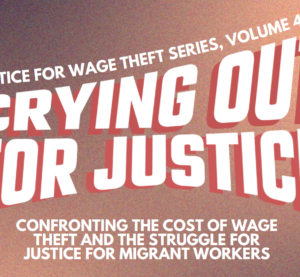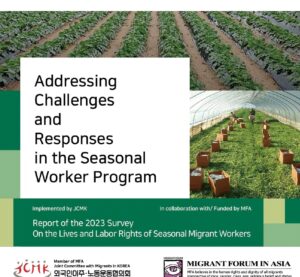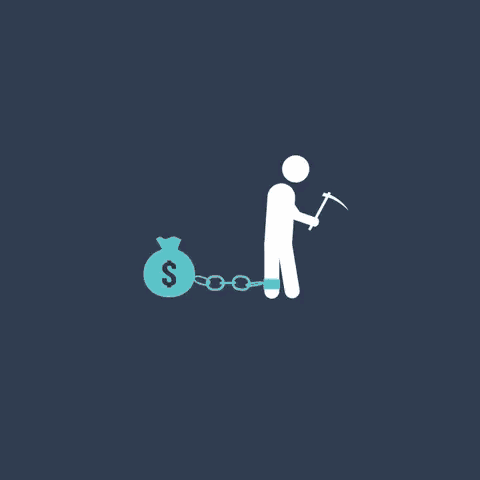Inputs from the Civil Society Parallel Event to the Migrants in Countries in Crisis Initiative
— April 14, 2015Migrant Forum in Asia (MFA), together with the Global Coalition on Migration (GCM) and the MADE Network, organized and facilitated a parallel program to the official regional meeting of the Migrants in Countries in Crisis (MICIC) Initiative*. The parallel program of the civil society network was held on 21-22 March 2015 at the Crowne Regency in Makati City, Philippines, while the MICIC gathering organized by the IOM, the Philippine and US governments and other core group members took place on 23-24 March 2015 in Dusit Thani, also in Makati City.
In the civil society process, participants reviewed the analysis of global civil society on stranded migrants, migrants caught in crisis situations, and the perpetual crises that migrants face daily. This analysis has evolved and taken shape over many years of work with migrant communities and engaging in national, regional, and international government processes.
The MICIC Initiative seeks to address the protection needs of migrants in acute onset emergencies in destination countries. Governments and agencies involved in the MICIC Initiative have indicated that there is no specific protection framework to address the particular needs of migrants caught in countries experiencing crisis. This analysis falls short, as it fails to account for existing human rights frameworks that, if properly adopted and implement by States, would reduce migrants’ risks, decrease their vulnerability, and empower them as actors in emergency response strategies. As emergencies such as conflict and natural disasters are becoming the norm rather than the exception, it is crucial that governments move beyond humanitarian assistance and ground guiding principles for emergency responses in existing human rights frameworks.
During the official MICIC program on 23-24 March 2015, three civil society representatives were allowed to participate and were able to carry forward the message that migrants must be seen as actors rather than as recipients of assistance, and that State practices in ordinary times inform practices in extraordinary / crisis situations. They strongly asserted that human rights protections must be in place at all times, that States must account for their responsibilities when migrants do not want to be repatriated, and that migrants must have the right to organize and form associations so that they can better respond when crisis occurs.
The civil society message on the need for rights protection in ordinary times was reflected in the summaries of the MICIC sessions.
Read the full intervention of civil society at the MICIC regional program by clicking on the following links:
- Civil Society Process – Outcome Document
- CSO intervention during the government plenary on migrant community/diaspora contributions to recovery
————————————
* Migrants in Countries in Crisis Initiative” (MICIC) is led by the United States and the Philippines with the participation of Australia, Bangladesh, Costa Rica, Ethiopia, and the European Commission in partnership with the IOM, the UN High Commissioner for Refugees (UNHCR), Professor Susan Martin, and UN SRSG Peter Sutherland. The MICIC initiative “…aims to complement IOM’s Migration Crisis Operational Framework (MCOF) by establishing principles and guidelines to define the roles and responsibilities of countries of origin and destination, neighbouring states, employers, international organizations, and civil society for the purpose of protecting migrants affected by acute-onset crises like civil conflicts, natural disasters, and man-made disasters.” (Global Migration Group, 2014). A number of MICIC regional consultations are being organized throughout 2015 and the first of 2016 to inform stakeholders of the initiative. The migrants rights network continues to collaborate with States and push for rights-based responses to crisis situations experienced by migrants and members of their families.



